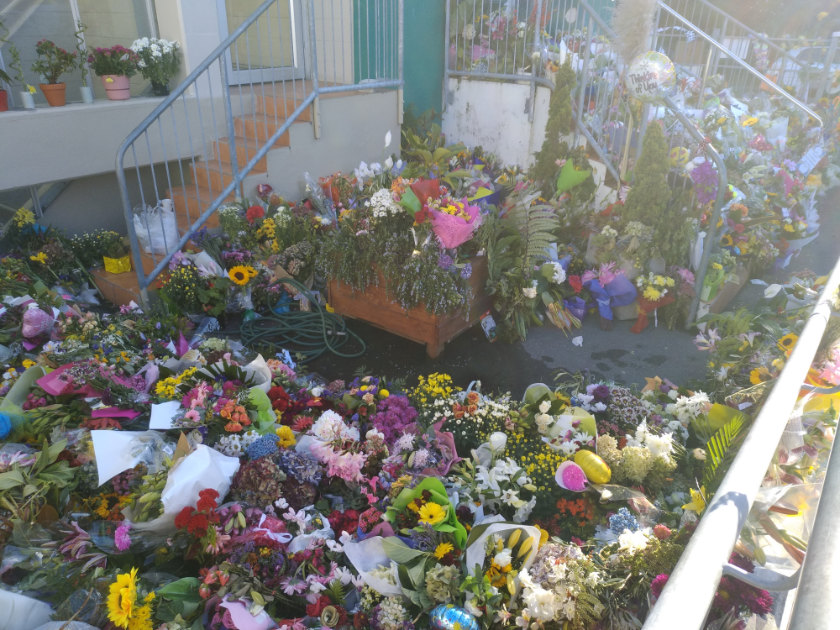
Above: Flowers at the Islamic Centre in Kilbirnie, Wellington on Monday.
On 9-11, I wrote an editorial in Lucire immediately. It was clear to me what I needed to write, and the editorial got quite a few readers at the time.
Today is March 20, five days after a terrorist attack on our country, and it’s only now I’ve had some idea of how to put my thoughts into a longer-form fashion, rather than a lot of Tweets, some of which have had a lot of support.
I guess it’s different when the attack happens to your own people in your own country.
One of the earliest points I made, when the death toll hit 49, was that this was “our 9-11”, at least when you consider the per capita loss of life. When it hit 50, it actually exceeded the number of lives lost per capita in 9-11. This helps put the matter into some context.
While the terrorist is a foreign national, who was most likely radicalized by foreign ideas, it has generated a great deal of soul-searching among New Zealanders. Even the right-wing talking heads have suddenly changed their tune, although, if a friend and colleague’s experience as a waiter in New York City in September 2001 is anything to go by, they will return to their regularly scheduled programming in two weeks’ time. Certain media bosses, especially among foreign-owned companies, would have it no other way, since they are not here to benefit New Zealanders, only their foreign shareholders and their own pockets. Stoking division is their business and I do not believe leopards change their spots.
Therefore, the majority of right-thinking New Zealanders are not complicit, but a minority of us harbour bigoted thoughts, and enough of that minority infect the comments’ sections of mainstream media websites and social networks to make it seem as though they are more numerous in number. The outpouring of support for our Muslim community highlights that the good far outnumber the rotten eggs in our society. And I think more of us are now prepared to call out racism and bigotry knowing that, in fact, public opinion is behind us.
So many Kiwis, myself included, say that hatred toward Muslims is not in our national character. But it is sufficiently in our national character when Muslim groups have pleaded with government agencies to step up, to be met with endless bureaucratic roadblocks; and many political parties have stains on their records in appealing to Islamophobia, something which indeed was foreign to this nation for all of my childhood.
I grew up with a Muslim boy and we remain friends to this day, but I never thought of him by his creed. If I was forced to “label” him I would have called him a Pakistani New Zealander. I am willing to bet many Kiwis were in the same boat: we probably knew Muslims but never thought once about their religion.
It takes certain people to make changes in mainstream thinking. I thought I might be labelled a ‘Chinese New Zealander’ till Winston Peters, now our deputy PM, droned on about ‘Asians’ out of some fear about the weakness of New Zealand culture; and we might have only become aware of Islam to any degree after 9-11. But these are, in fact, foreign ideas, adopted here by those who lack imagination or a willingness to do some hard work. They have been imported here through the sharing of culture. While I support the exchange of ideas, in some misguided utopian belief that dialogue is good for us all, I certainly did not anticipate, during the first heady days of the web, that we would have so much of the bad come with the good. I believed in some level of natural selection, that educated people would refrain and filter, and present their country’s or community’s best face. But as each medium boganfied (yes, I am making up words), the infection came. Newspapers changed thanks to Rupert Murdoch cheapening them, eventually morphing into publications that sensationalized division, especially against Muslims after 9-11. Television went downhill as well largely thanks to the same bloke and his lieutenant, Roger Ailes. The web was fine till each medium became infected with negativity, but Google, Facebook and Twitter were all too happy for it to continue because it increased engagement on their properties. Each fuelled it more with algorithms that showed only supporting views, deepening each user’s belief in the rightness of their ideas, to the exclusion of everyone else’s.
Most Americans I know believe in civility. I’ve spoken often enough in their country to know this. They don’t believe their freedom of speech is absolute, and personally draw the line at hate speech, but their big websites act as though this is absolute, and allow the negative to fester. It seems it is for profit: we see Twitter remove Will Connolly’s (‘Egg Boy’) account but not racist Australian politician Sen. Fraser Anning. It is tempting to believe that Twitter is following the dollars here without regard to their stated policy. We have, after all, seen all Big Tech players lie constantly, and, for the most part, they get away with it. We let them, because we keep using them. Mark Zuckerberg doesn’t need to say anything about Christchurch, because we’ll keep using his websites (Facebook, Instagram, Whatsapp) and he’ll keep finding ways of monetizing us, dehumanizing us. He won’t show up to the UK when summoned, and Facebook will continue to lie about removing videos and offensive content when we know many reports go unheeded.
Umair Haque wrote in the wake of the Christchurch terrorist attacks: ‘Facebook and Twitter and YouTube etcetera really just bring the American ideal to life that there should be extreme, absolute freedom of speech, with zero consequences whatsoever, even for expressing hate and violence of the most vile and repellent kinds.’
As people become dehumanized through words and campaigns, it makes it easier for people to commit violence against them. They no longer see them as deserving of respect or protection. In the foulest version, they no longer see them as having a right to life.
Now, I don’t believe that this absolute approach can be branded American. And I do believe Big Tech has very different values to Americans. Their newsmedia have, too. When regular people are censored, when big money talks more loudly than their laws, then there is something very wrong with their companies—and this is the common enemy of both Republicans and Democrats, not each other. And this wrongness is being exported here, too. I’ve said it for years: we are a sovereign nation, and we have no need to copy their failed idea of a health system or even their vernacular (on this note: retailers, please cease using Black Friday to describe your end-of-year sales, especially this year). We do not need to import the political playbooks, whether you are a political party, a blogger, or a local newspaper. There are Kiwis who actually talked about their ‘First Amendment rights’ because they may have watched too much US television and are unaware we have our own Bill of Rights Act. Even the raid on Kim Dotcom’s home seemed to be down to some warped idea of apeing their cop shows, about impressing the FBI more than following our own laws on surveillance and our own beliefs on decency.
I honestly don’t see the attraction of turning us into some vassal state or a mutant clone of other nations, yet foreign-owned media continue to peddle this nonsense by undermining the Kiwi character and everyday Kiwi unity.
Did the terrorist see any of this? I have no idea. I equally have no idea if the people he came into contact with here cemented his hate. However, I think he would have come across sufficient international influences here to validate his imagined fears of non-whites and women. By all means, we should call out bad behaviour, but when we do, we shouldn’t restrict it to individual cases we see in our daily lives. There are entire institutions that are doing this, strings pulled from faraway lands, and to them we must also say: enough is enough. The way you do business isn’t in line with who we are. We need to be aware of who the non-Kiwi players are, often masquerading under locally grown brand names (such as ‘Newstalk ZB’—a quick peek of shareholders suggest the majority are as Kiwi as Ned Kelly), and, if need be, vote with our time and money to support those who really understand us. Be alert to who’s really trying to influence us.
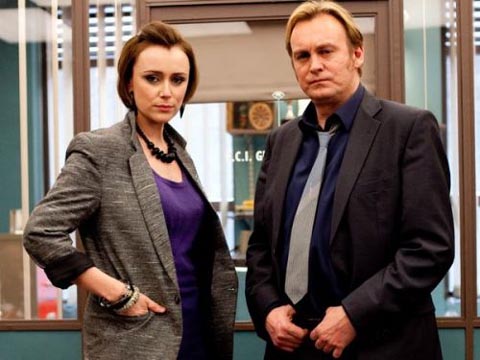
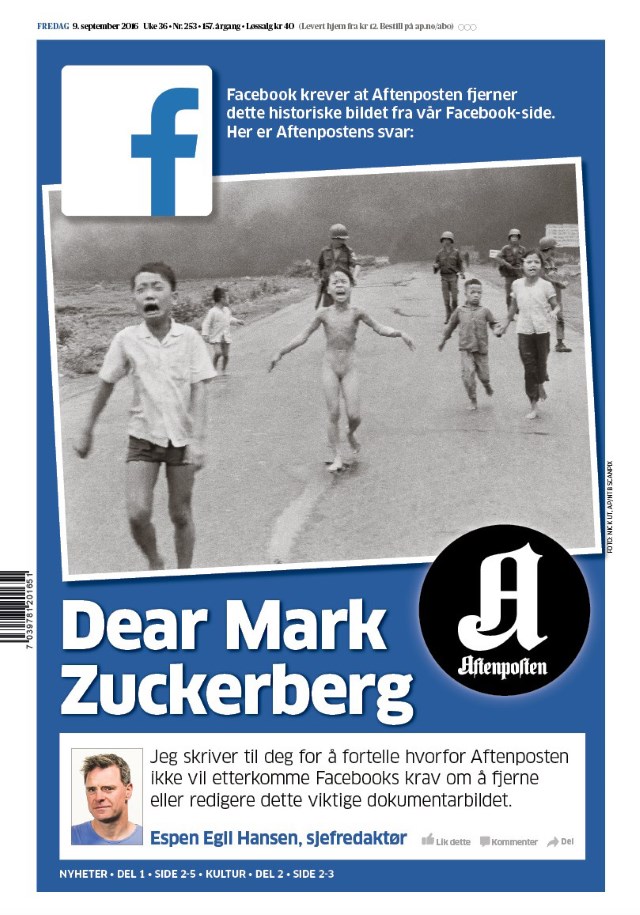
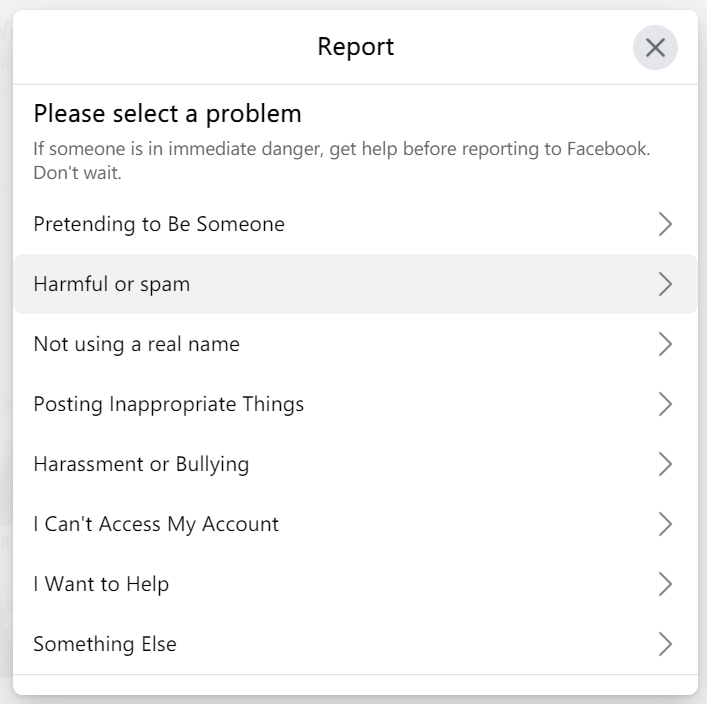
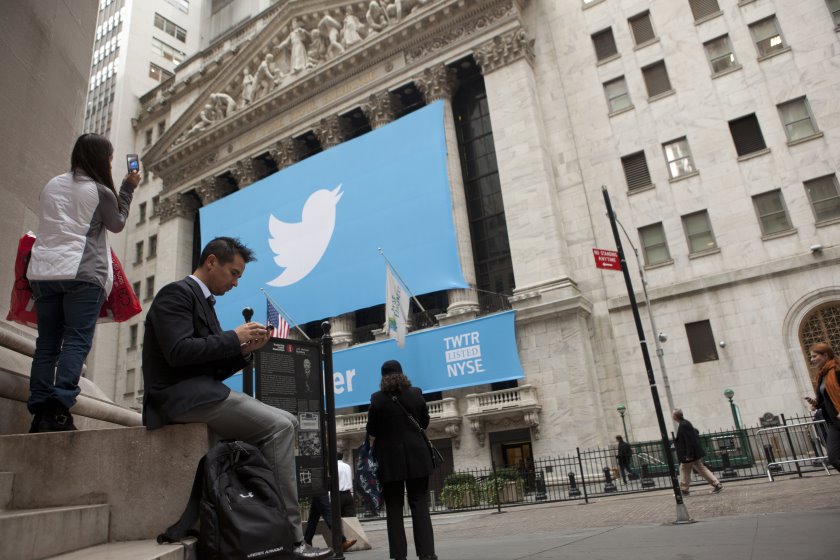
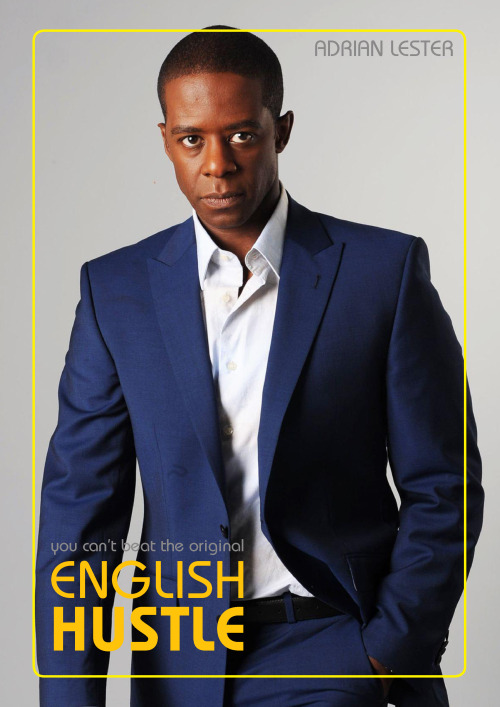
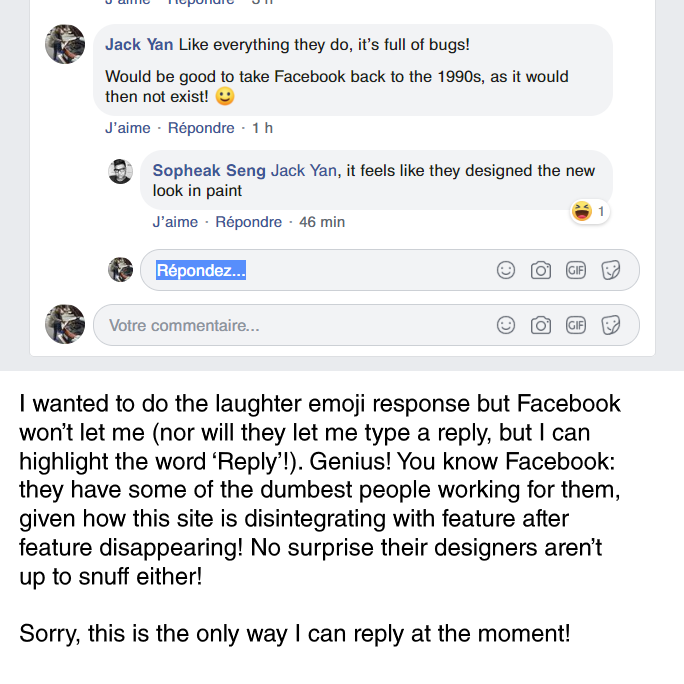

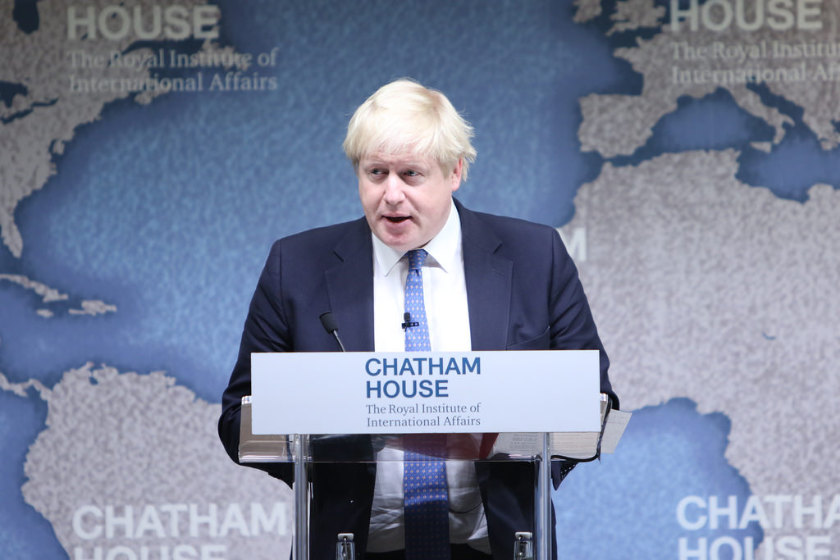
One thought on “In the wake of terrorism in your own country”